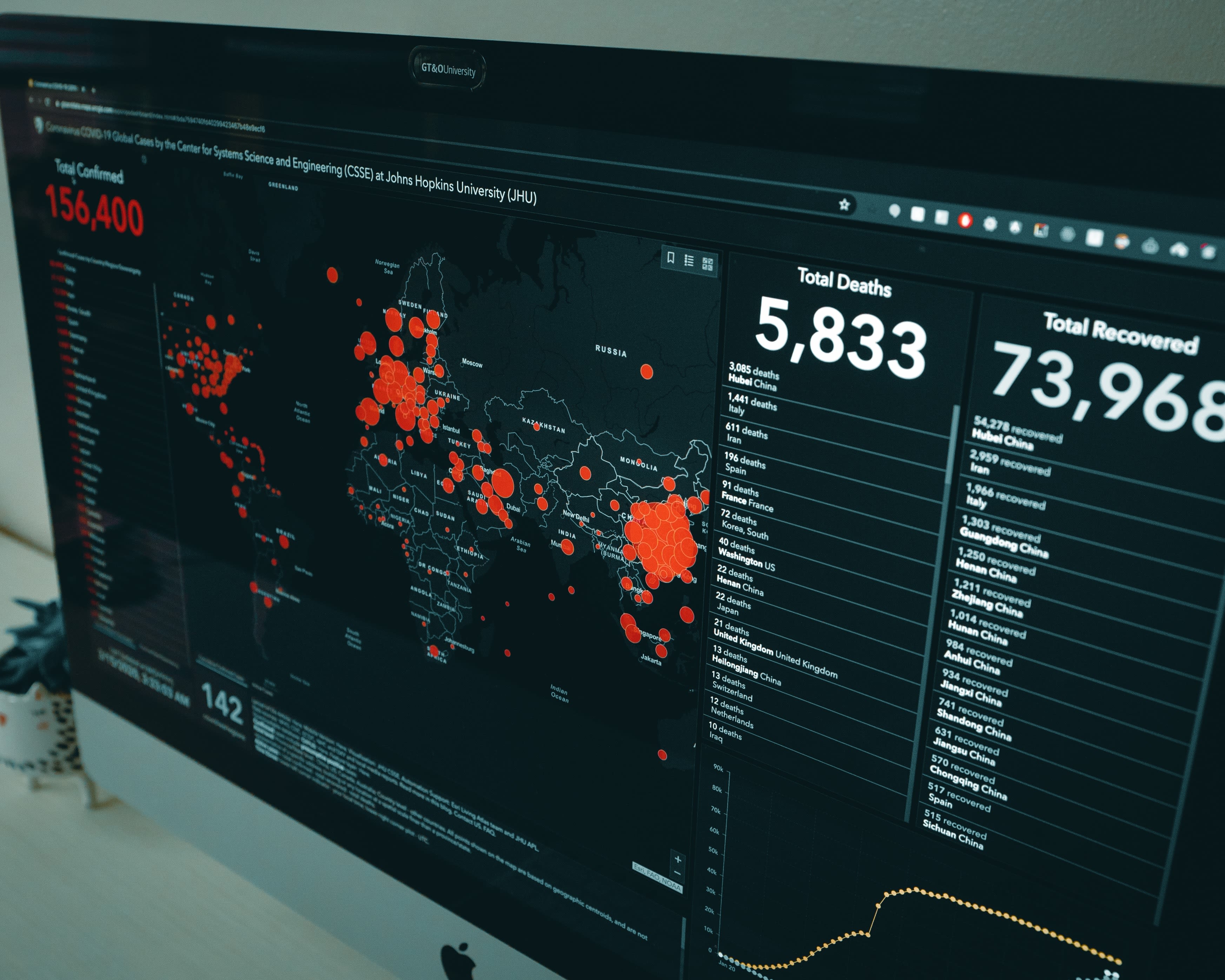Top 10 Careers in Digital Technology

High demand, low supply. Four words to sum up the current landscape for Digital Technology, the world's fastest growing industry. Career opportunities are bountiful, so it's a good time for those with an interest in this field to consider the many roles/jobs they want to fulfill.
1. Data Scientist
You've heard the common adage, 'being a data scientist is the sexiest job in the world.' But what do data scientists actually do? The job involves taking large quantities of raw data and turning them into easily digestible facts and statistics. This information can then be sold as market intel, or used to solve problems, in the world at large, or in their organisation of employment.
2. Software Developer
The role and day-to-day tasks of a software developer may vary depending on the needs of their employers/organisations. From mobile applications, to designing and building operating systems, there will undeniably be a niche, or role that software developers can fill in various companies. Or you can work freelance as an IT contractor.
3. UX Designer
UX (User eXperience) designers work behind-the-scenes to ensure that software, like websites or mobile applications, meet the targeted users' needs or requirements. They're responsible for ensuring that a digital product is 'user-friendly,' and if not, it's also their responsibility to troubleshoot and update software so that it becomes more user-friendly. UX Designers may work closely with other data scientists to determine the likes and dislikes of their consumers, based on their data, to design the most compatible user interfaces for their digital products.
4. Business Intelligence Analyst
Business Intelligence Analysts are all about helping organisations make improvements to their existing structures, operations, and performances. They analyse collected data and identify areas within an organisation for improvement, and collaborate with the relevant teams to create various strategies to implement the necessary changes.
5. Cloud Administrator
The demand of more flexible, Internet-based delivery of computing services has led to the increase in demand of cloud computing to be implemented in organisations across the globe. As such, more cloud administrators are needed to help install, update, and maintain these systems. The role of cloud administrator is important in ensuring that a company's cloud systems are running smoothly, and fulfilling organisational requirements.
6. Full-Stack Developer
A Full-Stack Web Developer is an all-rounder who knows their way around front and back-end development, able to program both client and server software. Their roles could also include designing web pages, as well as maintaining databases. If you're looking for variety in a digital technology-based career, this is the job for you.
7. Cybersecurity Engineer
As the name suggests, Cybersecurity Engineers deal with all aspects of cybersecurity systems for an organisation. Cybersecurity engineers ensure that their systems are maintained and regularly upgraded for the protection of company data. Working in cybersecurity also involves the running of tests and fixing system vulnerabilities. If problem-solving is your passion, then consider a career in cyber-security.
8. Information Technology Manager
Information Technology Managers may have varying roles, but they usually manage their organisation's IT needs and issues, as well as oversee the IT team/department. They help their organisation ensure that everything runs smoothly on the technical side, and support their team in whatever ways possible.
9. Machine Learning Engineer
As a profession, this involves designing and building Machine Learning models based on information and algorithms formed by Artificial Intelligence. Machine Learning Engineers also work with said AI systems, to develop, maintain, and improve them. Additionally, Machine Learning Engineers can act as liaisons between different sections of a data science management team, in regards to the development and construction of AI systems.
10. Data Architect
Data architecture refers to the structure of organisational data, how their data assets are managed, the way data flows through storage systems, from collection to consumption, based-off business requirements, and vital for the smooth running of data processing systems such as AIs. Data architects are responsible for designing, building, and sometimes managing these data structures, and adapting them to meet the changing needs of an organisation.
If you're interested in any of these careers, consider a degree in Computer Science or Digital Transformation to help you get started on your journey into taking the world of Digital Technology over by storm!




